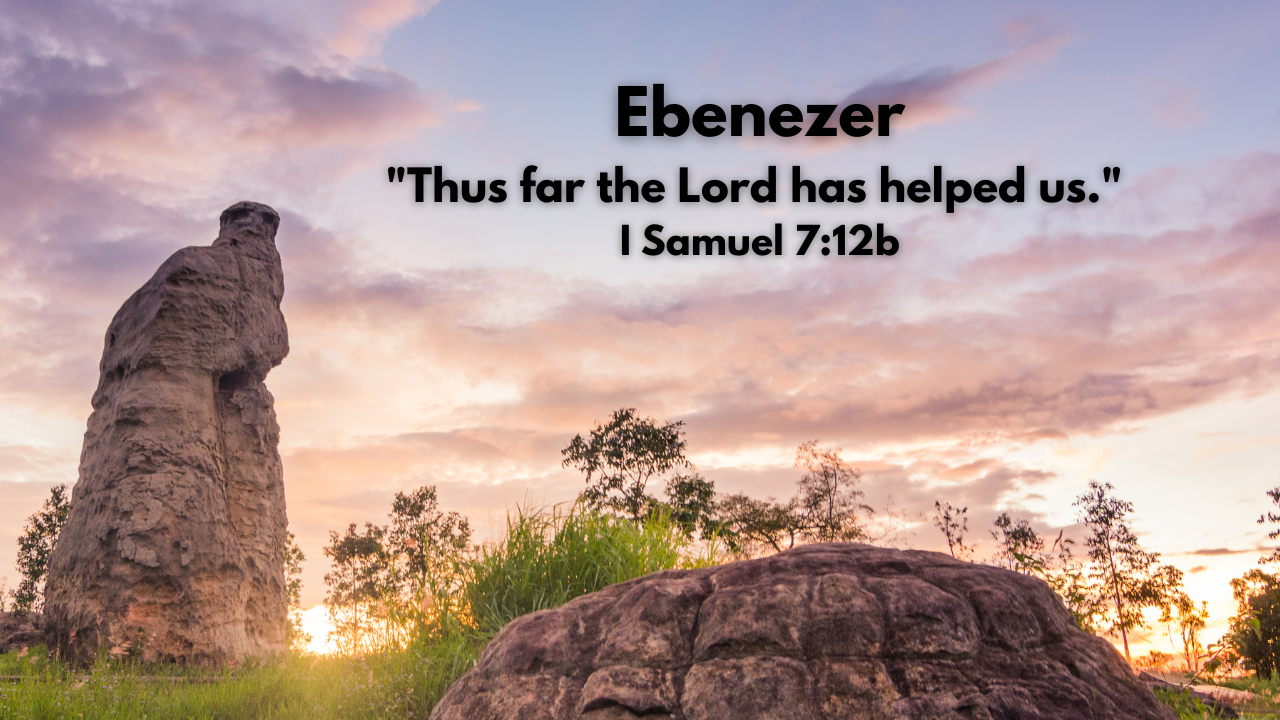Recently, I had a somewhat humorous, yet profound experience with my medical alert going off, and it got me thinking about spiritual emergencies. I was in the Warsaw airport during a layover and I unknowingly activated the Medical Alert notification on my Apple watch. All the people on my medical alert list received messages which included of map of my location. My sister in Texas received it, not knowing what to do. It left her with a sense of panic and helplessness, so she called one of my brothers. My kids and husband received it and began messaging me and one another. A wild flurry of messages and calls ensued while I calmly sat on an airplane, waiting for take-off with my phone on “airplane mode.”
Imagine if we had a “Faith Alert” system to notify trusted friends and family when our faith is in crisis. Just like a medical alert, this spiritual alert could call on our support network to pray for us, encourage us, and keep us grounded during tough times.
We’ve just concluded a powerful sermon series at Prague Christian Fellowship; Heroes of Faith. But what if we’re in a crisis of faith? What if our spiritual alert is going off?
Let’s explore the very real and inevitable spiritual state called “Faith Emergencies,” specifically how to prepare for them and how to respond when they occur. Faith crises are inevitable. Dry spells happen to all of us, but the way we handle them makes all the difference.
Why Some Stay Strong While Others Fall Away
One of my main callings is to help people hold on to their faith in difficult times. Over the years, I’ve wondered why some Christians emerge from personal tragedies stronger in their faith, while others become bitter and turn away from God. As the old saying goes, “The same sun that melts wax hardens clay.” What factors influence these different outcomes?
The Dark Night of the Soul
The phrase “dark night of the soul,” coined by 16th-century Spanish mystic St. John of the Cross, describes these dry spells. We all face them, and they can occur for various reasons:
1. Self-Imposed Wilderness: Like Jonah, we might find ourselves in a desert because we’ve been running away from God’s calling.
2. Divinely-Led Wilderness: Sometimes, God leads us into the wilderness for His higher purposes, withdrawing His presence to strengthen our faith.
3. Mental Illness: This can intensify spiritual attacks, making us feel completely separated from God.
In all scenarios, we can feel abandoned, questioning if God is angry or if we’ve committed an unpardonable sin.
When God Leads You into the Desert
I want to focus on the second scenario—when God leads you into the desert. What do you do when you know you’re where God wants you to be, yet you feel His absence? Where is God? Like Jesus on the cross, your heart cried, “My God, my God. Why have you forsaken me?! (Matthew 27:45-47).”
This experience is common to all Christians. Let me illustrate with some examples:
William Carey
William Carey, the father of modern missions, faced incredible hardships in India. After many personal and professional losses, including the destruction of his printing press, the death of his child and his wife nervous breakdown from which she never recovered, Carey chose to give thanks, recognizing that God’s ways are unsearchable. His perseverance in the face of adversity teaches us to maintain gratitude to avoid bitterness.
Elijah
After a great victory, Elijah found himself fearing for his life and wanting to die. His story reminds us to be wary of attacks and low points after significant victories (I Kings 18 & 19).
The Israelites
The Israelites experienced one of the most glorious miracles, the parting of the Red Sea, only to face bitter water days later. This teaches us to be cautious when physically exhausted, as it’s often when the enemy attacks (Exodus 14 & 15).
King David
David, despite being a man after God’s own heart, fell into sin during his time of comfort and success. His story teaches us to turn to God immediately in times of failure, not to run away (2 Samuel 11 & 12; Psalm 51).
Daniel
Daniel’s faithfulness in captivity, even amid plots against his life, shows that success and faithfulness do not exempt us from dry seasons. Each trial led Daniel to deeper intercession and revelation (Daniel 6).
Jesus
Jesus, after His baptism, was led into the wilderness to be tempted. His example teaches us to bring our minds under God’s submission and to use scripture to combat the devil, increasing our spiritual authority (Matthew 4).
Your Faith Emergency Plan
1. Remember God’s Promises: God hasn’t forgotten you. Isaiah 49:14-16 reminds us that we are engraved on the palms of His hands.
2. Wait on God: Psalm 33:20 encourages us to wait for the Lord, as He is our help and shield.
3. Trust in His Sovereignty: The Lord knows what He’s doing (Proverbs 3:5,6).
4. Obey and Love Him Regardless: Determine to follow Him no matter what (James 1:22-25).
5. Understand It’s Not About Us: Our trials often serve a greater purpose for God’s glory and the benefit of others (Matthew 16:24).
In conclusion, don’t turn off your spiritual FAITH alert button. Don’t isolate yourself during tough times. Lean into God and submit to His process, trusting that He is taking you somewhere for greater miracles. God led the Israelites through the Red Sea on dry ground. If you’re on dry ground, take heart. God is working on your behalf to bring victory and breakthrough. Your miracle in on the way!
And remember; your faith emergency is a temporary state.
This article is adapted from the following sermon:








Leave A Comment